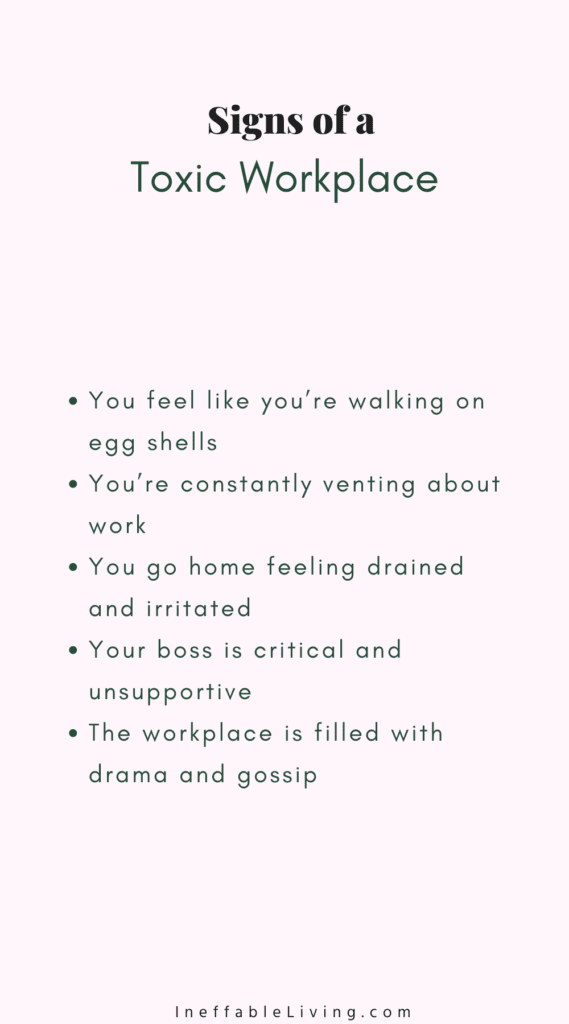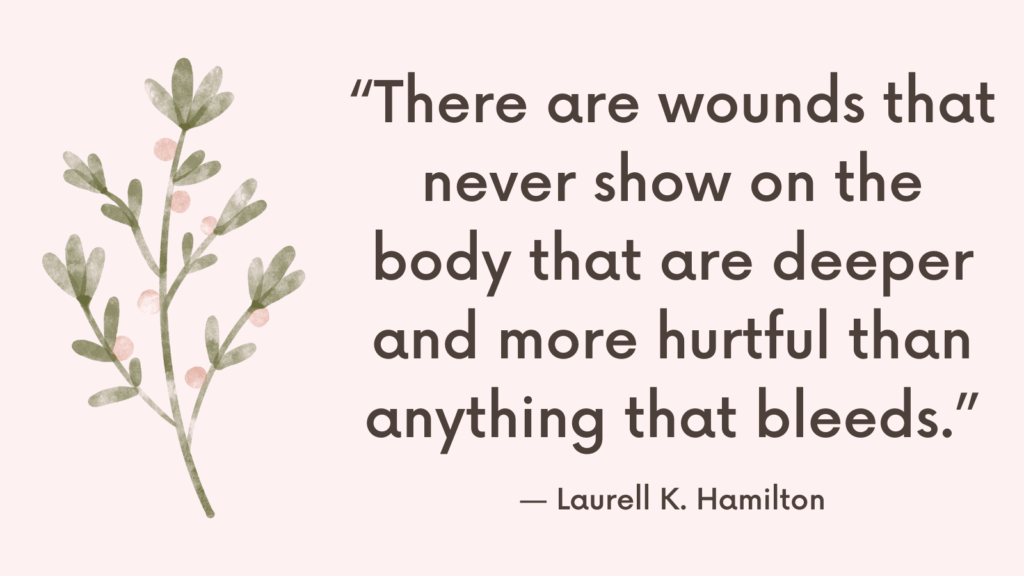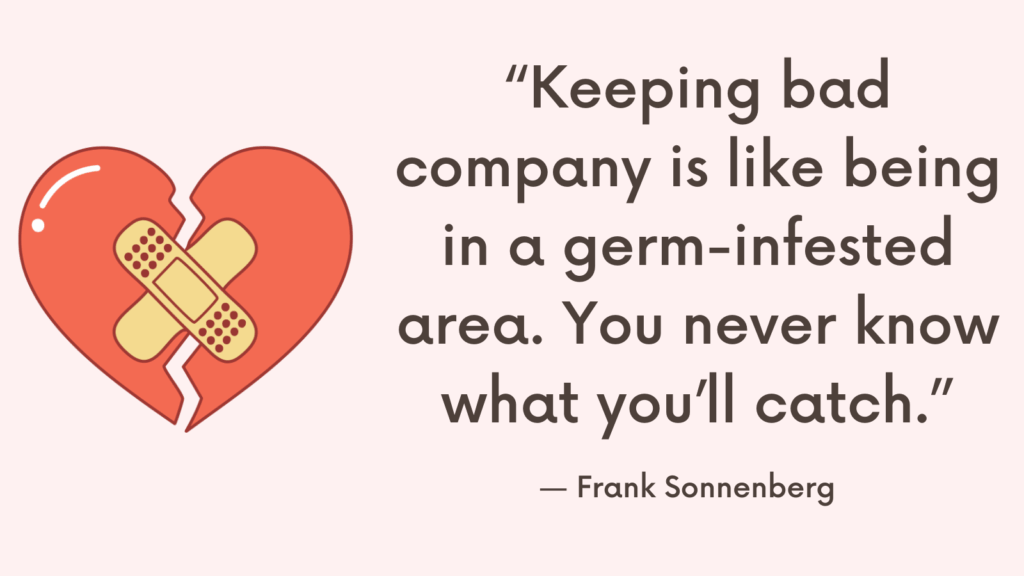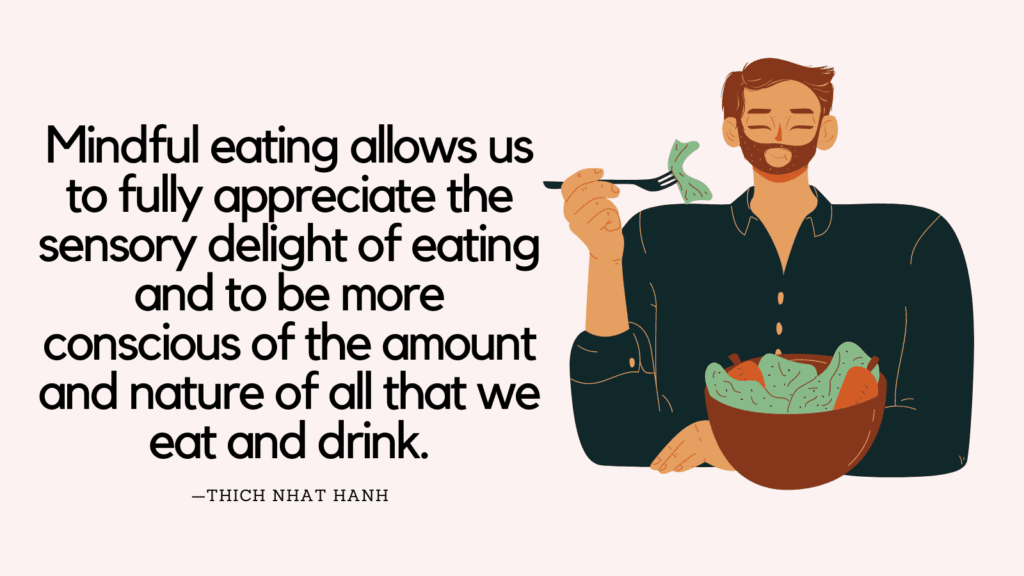This post contains some of the best toxic workplace quotes.
Toxic Workplace Quotes
1. “There is something quite twisted and dangerous about glorifying busy-ness or burnout. Imagine if you were bragging to a friend, “You think you’re depressed? That’s nothing! I’m so depressed that sometimes I can’t even get out of bed, and I consider suicide on a regular basis!”” – Eva Selhub, MD
2. “Unfortunately, workplace friendships aren’t all flowers and rainbows. In fact, getting too close to people in the workplace can be so precarious that many people make it a point to set boundaries.” – Ken Kupchik
3. “And that’s what you’ll be doing: spending a lot of time with people whom you might not otherwise choose as your family or friends.” – Peter Yawitz
Related: Top 14 CBT Exercise For Anger Management (+FREE Anger Worksheets)
4. “Another person with a passive-aggressive style might nod and stare at you rather than say anything. Imagine going to a meeting attended by a bunch of passive-aggressive people. You could easily sit there thinking that you’re in the middle of some bizarro workplace. You might hear undercurrents of messages, notice discreet eye rolls and stares, and feel uncomfortable with the overall vibe.” – Peter Yawitz
5. “At a minimum, workplace drama causes inefficiency, frustration, and waste. The personal costs to those who work in organizations is immeasurable.” – David Emerald
6. “At work or at home, conflict is a part of life. How do we respond? Sometimes we suppress it by avoiding people, leaving jobs or ending relationships. When that isn’t an option, we may nurse grudges until we can’t stand it anymore, at which time we may explode and engage in fruitless and even embarrassing confrontations. Unresolved conflict takes its toll on us and on our relationships. We can all learn to resolve it better.” – Robert I. Sutton
7. “Emotions, especially in the workplace, often are minimized or disregarded. Most people are uncomfortable with them and find it far easier to assume they know how someone feels than to ask.” – Robert I. Sutton
8. “Even when positive change does take place, the initial atmosphere of success and freshness can quickly turn into an atmosphere of failure and discouragement once the drama resumes. And almost any experience of drama at work can be traced back to the impact of resistance to change.” – David Emerald
9. “Gallup research indicates that there’s approximately $500 billion in lost productivity annually, in the United States alone, due to negative behavior in organizations.” – David Emerald
10. “If you have ever experienced infighting, such as a team or a department pitting itself against another team or department; if you have ever worked for a micromanaging and overbearing boss; if you have ever navigated the changes that come with a merger or other significant restructuring process, then you have had a front-row seat to organizational drama.” – David Emerald
11. “If you listen to people complain about their workplace or family, you will hear much more about disrespectful treatment or lack of fairness than you will about money and safety. At the root of conflict lie unmet needs. Consciously or subconsciously, these needs drive us and motivate our behavior. And when we perceive that something or someone stands between us and fulfilling our needs, we cast them as the villain.” – Robert I. Sutton

12. “Many people in conflict feel hopelessly stuck. And the harder they push or pull, the deeper they sink, locked into viewing conflicts in terms of right and wrong, good and bad. Without realizing it, they had entered a “drama triangle” populated by victims, villains and heroes. Trapped in a world of winners and losers they find collaboration impossible.” – Robert I. Sutton
13. “So what’s the best way to work alongside coworkers with passive-aggressive communication styles? My advice is to always ask politely for clarification if messages are even slightly ambiguous.” – Peter Yawitz
14. “The cost of drama is tremendous, for any organization. Do a quick online search on “the cost of workplace drama” and you may be amazed at some of the hard dollars-and-cents costs associated with organizational conflict. These costs accrue due to lost productivity, turf battles, infighting, gossip, rumors, picking sides, blaming, faultfinding, absenteeism, turnover, and engaging in what Peter Block has called the politics of manipulation.” – David Emerald
15. “We often describe people in conflict as “acting like children.” Although such a comparison does a disservice to children and their ability to cooperate (most of the time), it can provide us with clues about what underlies conflicts in our workplaces and homes.” – Robert I. Sutton
Related: Top 19 Emotional Intelligence Activities (To Improve Low Emotional Intelligence)

16. ““Toxic” barely begins to describe my work environment. Misinformation, rumors, and gossip are making this time stressful for everyone. Despite weekly meetings to keep staff up-to-date and address rumors, the toxicity multiplied.” – Gary Chapman, Paul White, Harold Myra
17. “In a toxic situation, it’s easy to focus on what’s poisoning or even paralyzing your energy and spirits, but helping others may aerate body and soul.” – Gary Chapman, Paul White, Harold Myra
18. “Intentionally toxic leaders can’t help themselves (well, maybe). It’s just who they are. It may be their personality (looking at you, my narcissists!). Others could have learned behaviors that have served them well so far, and they are likely not interested or motivated to change even if they are deemed toxic.” – Kimberly J. Benoit
19. “Life can be brutally unfair, and that’s surely true of toxic workplaces. Even if you get out quickly, the unfairness can keep eating at you and your wounds may keep festering.” – Gary Chapman, Paul White, Harold Myra
20. “Our damaged self-esteem kept us questioning our approaches with clients, unable to make healthy decisions while trapped in a toxic and abusive work environment.” – Gary Chapman, Paul White, Harold Myra
21. “The painful realities of toxic bosses are compounded by what researchers call “CEO disease.” The term describes the obvious—no one wants to tell the boss bad news, let alone tell him he’s acting like a jerk.” – Gary Chapman, Paul White, Harold Myra
22. “Toxic leaders come male or female, young or old, smooth or gruff. They’re toxic for all sorts of reasons in all sorts of settings, and those who must work for them face difficult choices.” – Gary Chapman, Paul White, Harold Myra
23. “Toxic workplaces are seldom like good-guy, bad-guy movies but more like documentaries about inner-city dysfunctions with their complex causes.” – Gary Chapman, Paul White, Harold Myra
24. “Unfortunately, toxic organizations are the ones that most often make the news. Media constantly feed the public reports of greed and exploitation, resulting in people’s belief that most executives are self-centered and unprincipled. Yet it’s not at all hard to identify leaders of strong, positive cultures.” – Gary Chapman, Paul White, Harold Myra
25. “What differentiates a truly toxic leader from a good leader is not someone who is perfect. It is the person who does the best they can, reflects on how they showed up, and commits to changing when they realize just maybe they could have done better.” – Kimberly J. Benoit
26. “When a workplace becomes toxic, its poison spreads beyond its walls and into the lives of its workers and their families.” – Gary Chapman
27. “When looking at it on a more personal level, having a toxic leader or getting caught up in a toxic environment can also have long-lasting effects—and can definitely derail careers and lives.” – Kimberly J. Benoit
28. “When you carry heavy responsibilities, working for a toxic boss can make you not only angry (which may be useful “coinage” if wisely spent) but bitter in ways that can make you toxic, too. Find ways to nurture your inner reserves and gain perspective. Develop toughness, but resist embittered resentments. Don’t let bad leadership start to sour yours.” – Gary Chapman, Paul White, Harold Myra
29. “When you walk into a toxic organization, you can actually feel that something is wrong. By contrast, in resonant organizations, people take fewer sick days and turnover is low. People smile, make jokes, talk openly, and help one another.” – Annie McKee
30.“Work environments don’t need toxic leaders to become unhealthy—that happens in many ways, among them ineffective structures or procedures, poor communications, or simply a large number of dysfunctional employees. Identifying these characteristics shouldn’t start a blame game where none is warranted.” – Gary Chapman, Paul White, Harold Myra Linnda Durré

How to Manage a Toxic Workplace?
1. Stop trying to change the culture
Toxic environments are usually systemic.
Trying to fix attitudes, politics, or leadership will exhaust you. Shift your goal from changing the workplace to managing your exposure to it.
2. Reduce emotional engagement
Toxicity feeds on reactions.
Do not vent at work, defend yourself emotionally, or over-explain. Keep responses neutral and professional. Less emotion means less leverage over you.
3. Keep communication short and factual
Drama thrives on vague and emotional language.
Use clear, boring communication. Stick to tasks, deadlines, and outcomes. This protects you and limits misinterpretation.
4. Set firm, quiet boundaries
You do not need big confrontations.
Leave conversations that turn toxic, stop responding to gossip, and redirect discussions back to work. Repeat calmly. Consistency matters.
5. Document everything
Toxic workplaces rewrite history.
Keep records of emails, instructions, feedback, and incidents. Documentation protects you if things escalate.
6. Protect your reputation deliberately
In toxic environments, perception matters.
Be reliable, meet deadlines, and stay professional. Let your work speak so you are harder to target or blame.
7. Do not overshare personal information
Personal details become ammunition.
Share less about your life, feelings, and opinions. Privacy is protection, not coldness.
8. Find support outside the workplace
Processing at work often backfires.
Talk to trusted people outside your job. This helps you stay grounded and avoid emotional spillover at work.
9. Use formal channels strategically
Do not report everything.
Escalate only clear patterns that affect performance, safety, or policy. Bring facts, dates, and documentation, not emotions.
10. Take care of your health on purpose
Toxic stress accumulates.
Prioritize sleep, movement, and time away from work. Burnout makes you more vulnerable to the environment.
11. Limit how much of your identity comes from work
Toxic workplaces shrink your sense of self.
Invest in life outside your job. When work is not your whole identity, toxicity has less power over you.
12. Make an exit plan quietly
Some environments do not improve.
If toxicity is constant and normalized, planning to leave is not failure. It is self-respect. Even having a plan restores a sense of control.
Conclusion
Managing a toxic workplace is about containment and self-protection, not fixing broken systems. When you limit emotional engagement, document clearly, set boundaries, and protect your energy, you reduce harm. And when the environment remains toxic despite your efforts, choosing yourself and planning an exit is often the healthiest move you can make.



